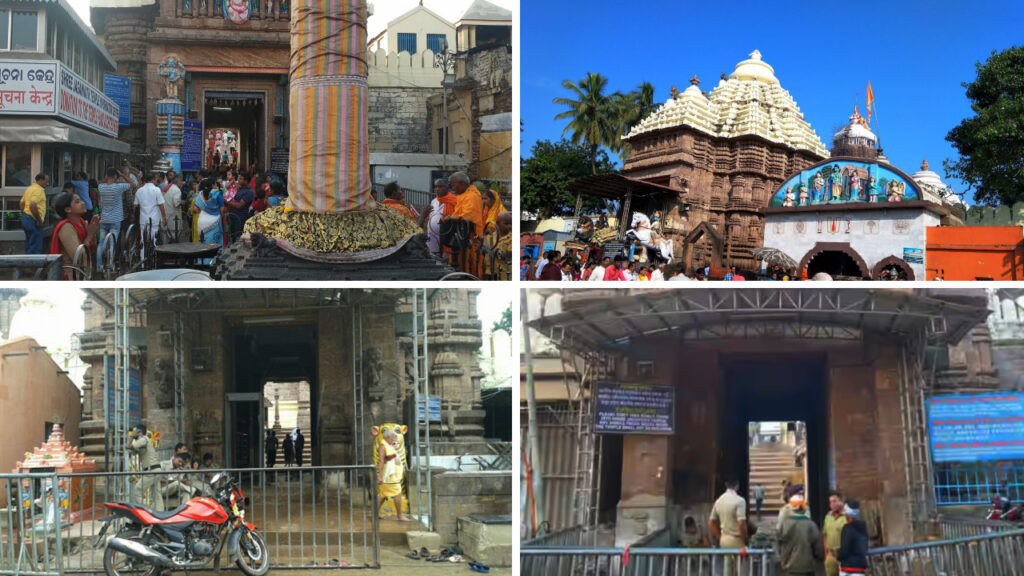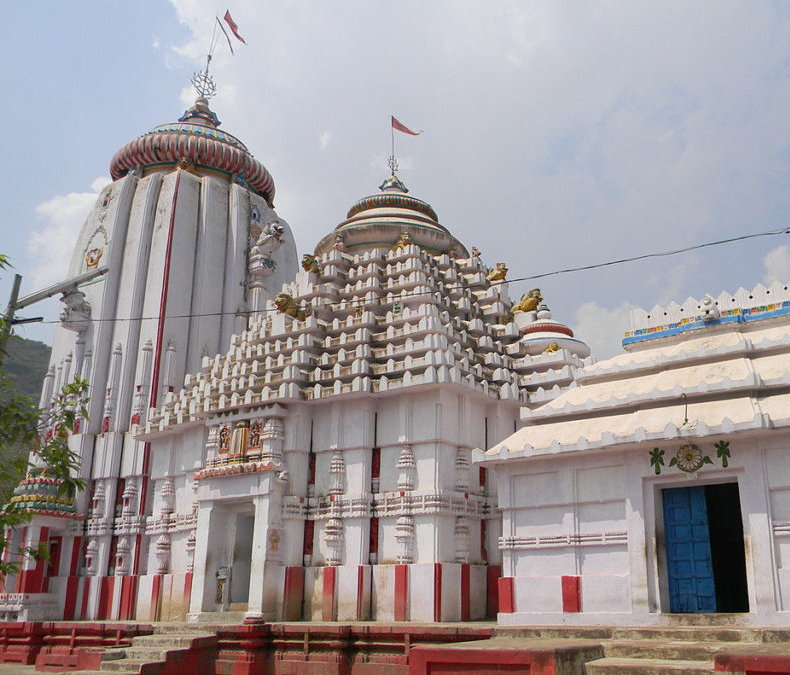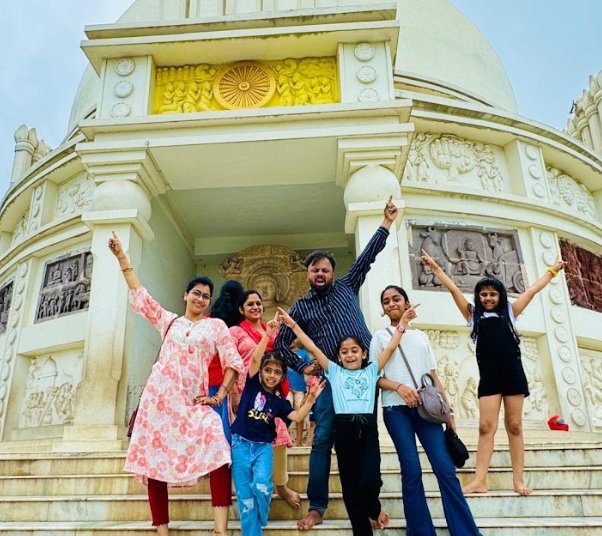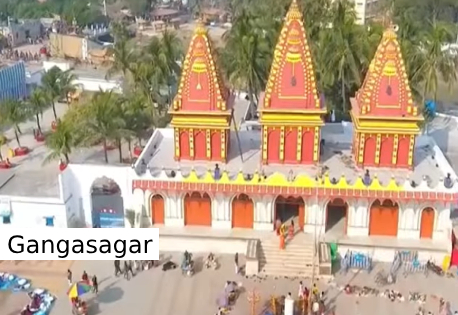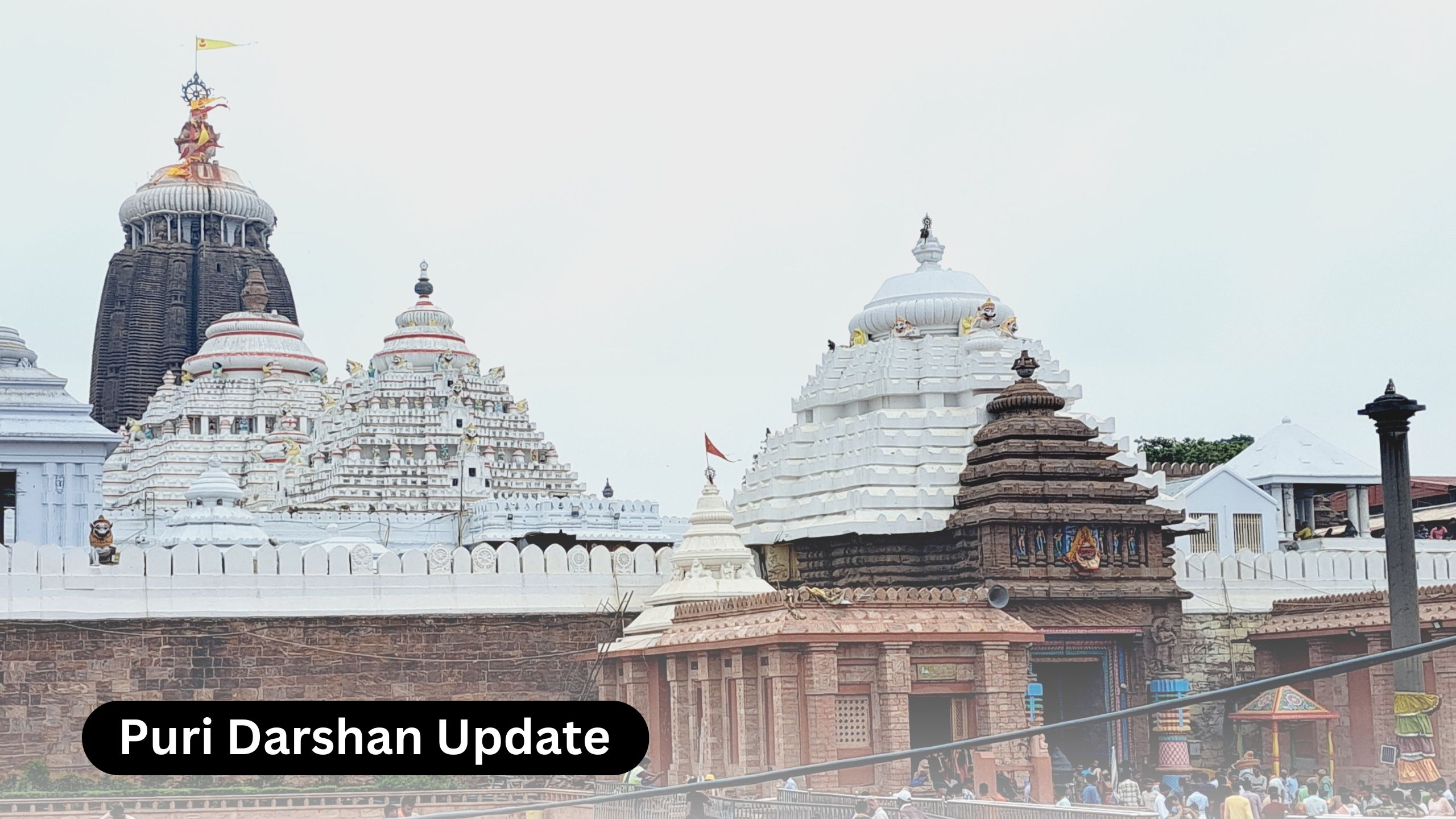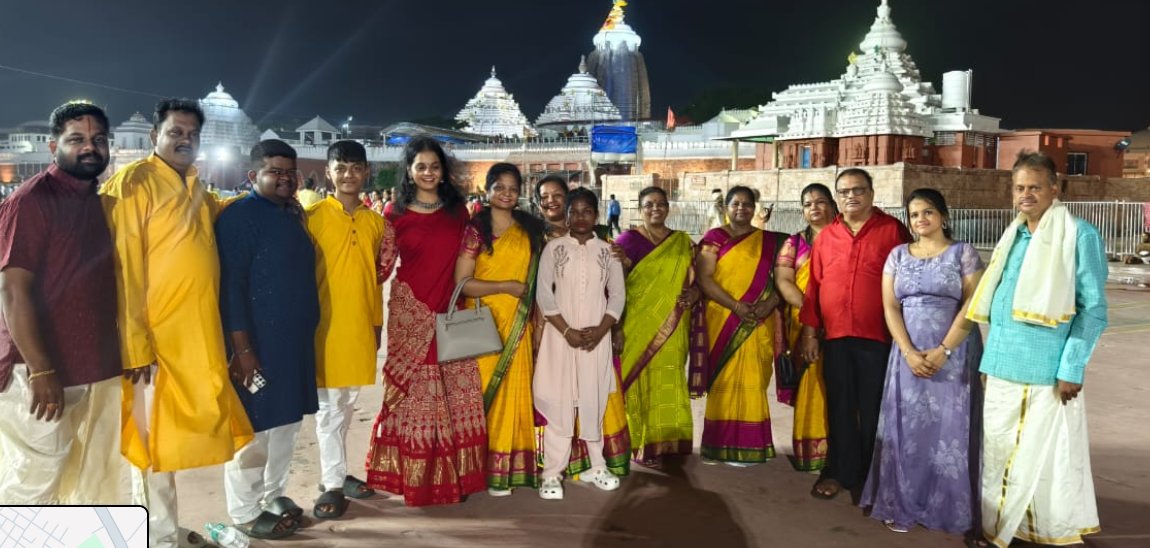Puri Jagannath Temple, one of the most revered pilgrimage sites in India, is not only known for its grand deities and majestic architecture but also for its four distinctive gates, each holding a unique significance. These gates – Eastern, Southern, Western, and Northern – play a crucial role in the temple’s spiritual and cultural fabric. Closer look at each gate and their importance.
Eastern Gate/Lion’s Gate/Simha Dwara
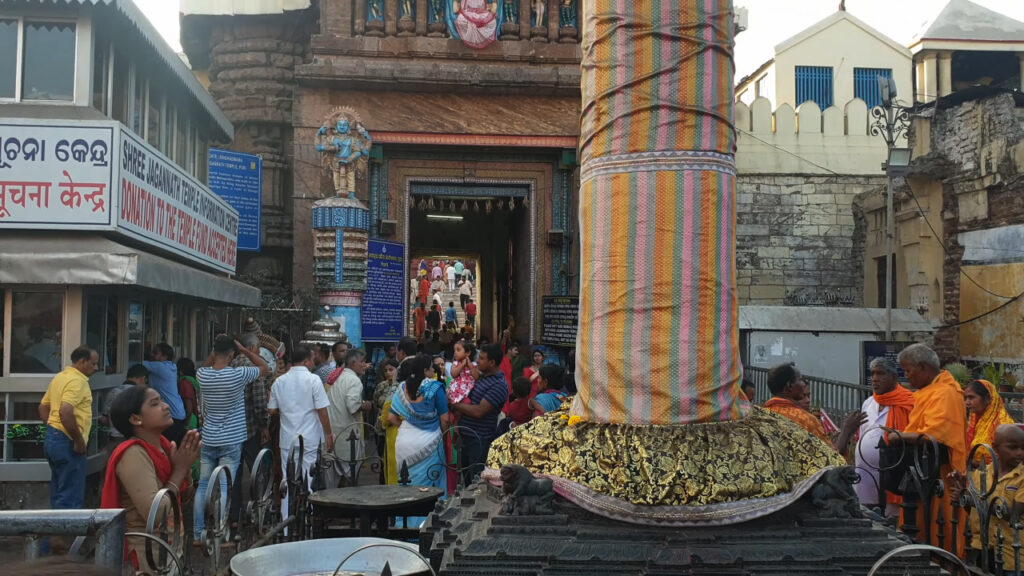
Eastern Gate, also known as the Lion’s Gate or Simha Dwara, is the main entrance to the Puri Jagannath Temple. Symbolizing courage and power, the lion represents the king of beasts and is a fitting guardian for the sacred space. Gate is the primary access point for devotees and visitors, making it the most frequently used entrance. Its grandeur and intricate carvings embody the essence of divine protection and regality.
Deities present in Simhadwar are Kasi Viswanath, Goudia Nrusimha, and Bhagya Hanuman.
Interesting Facts About the Lion’s Gate
Symbol of Royalty:
- Eastern Gate, known as the Lion’s Gate or Simha Dwara, is the main entrance to the temple and symbolizes royal authority and courage. Lion, revered as the king of beasts, represents divine power and protection.
Historical Significance:
- Gate has been a focal point for the grand annual Rath Yatra (chariot festival), where the deities are brought out for a public procession. Its prominence as the primary entrance makes it central to the temple’s celebrations.
Architectural Detail:
- Gate features intricate carvings of lions, reflecting its symbolic role as the protector of the temple’s sacred space.
Southern Gate/Horse Gate/Aswa Dwara
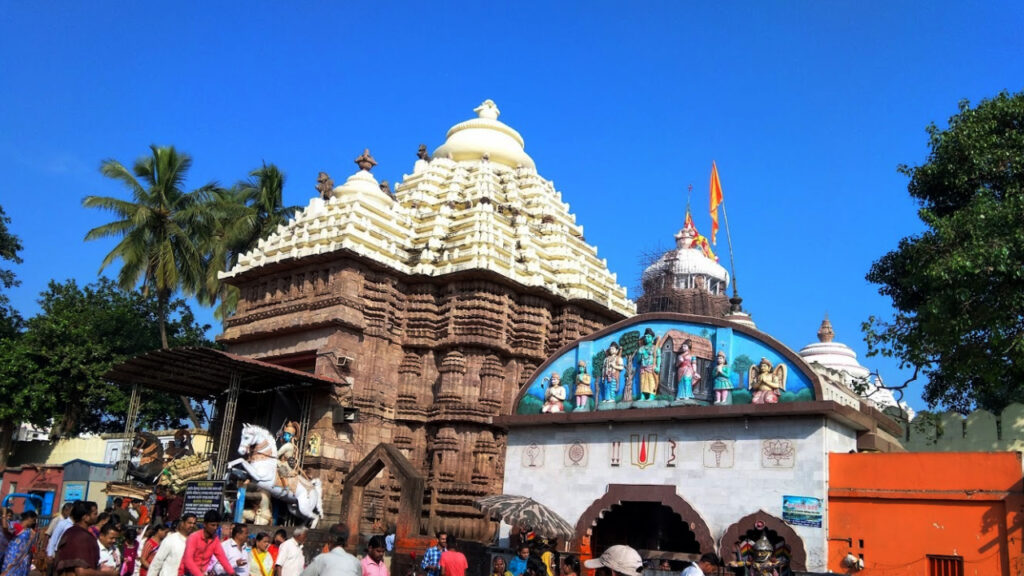
Southern Gate, referred to as the Horse Gate or Aswa Dwara, signifies the gate of strength and vitality. In Hindu mythology, the horse is often associated with energy and motion. Gate is less frequented compared to the Eastern Gate but holds its own unique charm and significance. It symbolizes the dynamic and transformative aspects of spiritual practice and devotion.
Images of Lokanath, Isanesvara, Parsunath, Dhabalesvara, Laxmi-Nrusimha amd Tapasvi Hanumaan are present here.
Interesting Facts About the Horse Gate
Symbol of Vitality:
- Southern Gate, or Horse Gate, symbolizes strength and vitality. Horse, associated with energy and movement, reflects the dynamic and transformative nature of spiritual pursuit.
Less Frequented Path:
- Unlike the Eastern Gate, the Southern Gate is less commonly used by visitors. It holds its own cultural significance and provides a different perspective of the temple’s grandeur.
Mythological Connection:
- In Hindu mythology, horses are often linked to deities and divine chariots, adding a layer of spiritual symbolism to this gate.
Western Gate/Tiger Gate/Vyaghra Dwara
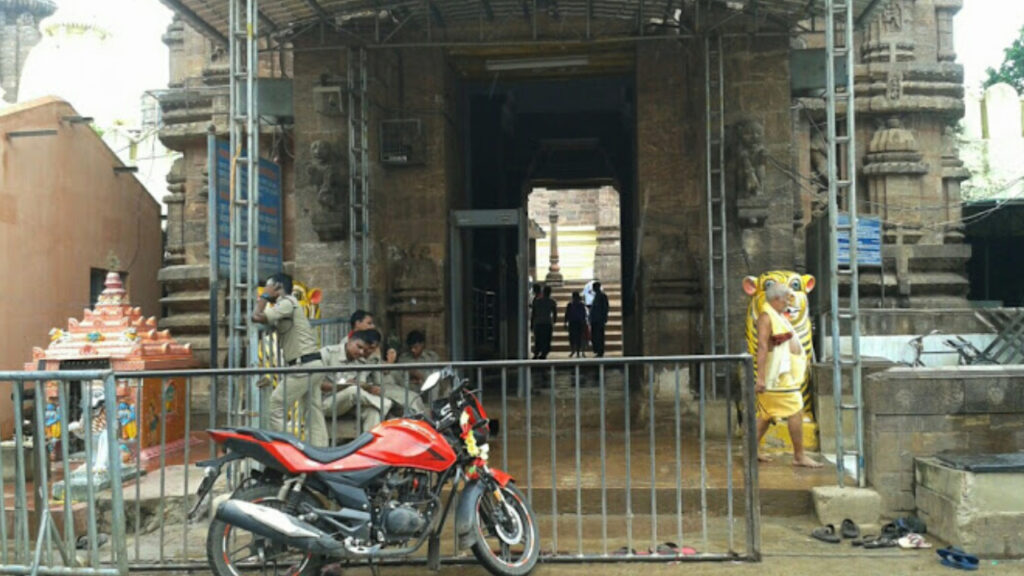
Western Gate, known as the Tiger Gate or Vyaghra Dwara, represents ferocity and strength. Tiger, often viewed as a powerful and protective creature, serves as a symbol of the divine’s ability to conquer darkness and evil. Gate, with its imposing presence, stands as a sentinel against negative energies, ensuring the sanctity of the temple’s inner sanctum.
Deities present here are Ramesvara, Nisa Nrusimha and Birabikram Hanumaan.
Interesting Facts About the Tiger Gate
Symbol of Ferocity:
- Western Gate, known as the Tiger Gate, represents ferocity and strength. Tiger, a symbol of power and protection, stands as a guardian against malevolent forces.
Architectural Strength:
- Imposing design and robust structure of the Tiger Gate are intended to safeguard the temple’s sanctity, reflecting its role as a spiritual barrier against negative energies.
Cultural Importance:
- Gate is particularly significant during certain rituals and festivals, highlighting its role in maintaining the temple’s sacred atmosphere.
Northern Gate/Elephant Gate/Hasti Dwara
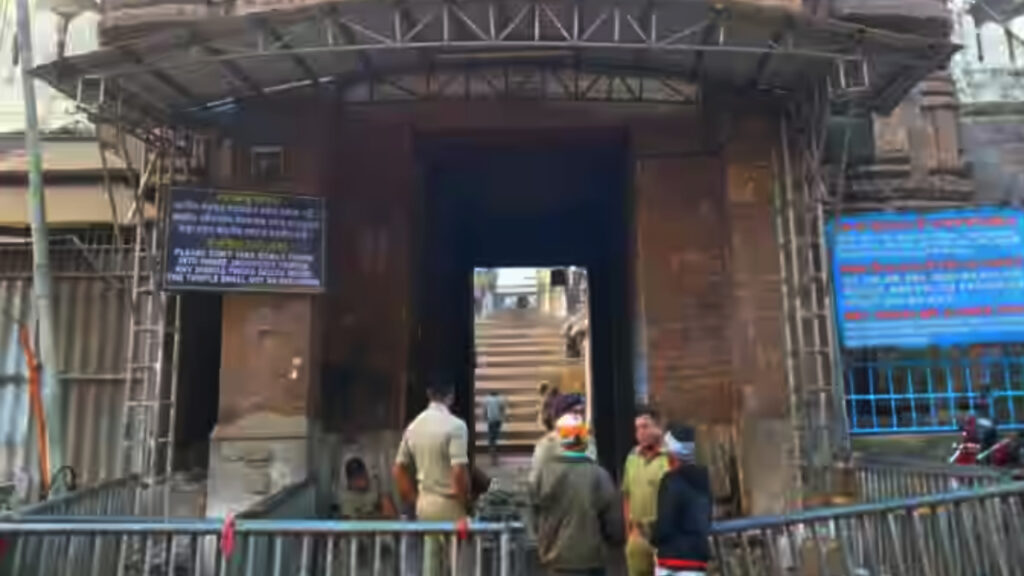
Northern Gate, also called the Elephant Gate or Hasti Dwara, embodies wisdom and stability. Elephant, a revered symbol in Hindu culture, represents knowledge, stability, and protection. Gate is considered auspicious and is often associated with the prosperity and well-being of devotees. Its sturdy structure and majestic carvings are a testament to the enduring strength and wisdom of the divine.
Interesting Facts About the Elephant Gate
Symbol of Wisdom:
- Northern Gate, or Elephant Gate, represents wisdom, stability, and prosperity. Elephant, revered for its strength and intelligence, embodies these qualities.
Auspicious Entry:
- Gate is considered particularly auspicious, and its sturdy, majestic design reflects the enduring strength and protective nature of the divine.
Spiritual Significance:
- Elephant Gate is often associated with blessings and good fortune, emphasizing its role in promoting spiritual well-being and stability.
Each of these gates is more than just an architectural feature; they are integral to the spiritual journey of the devotees and embody various aspects of divine energy and protection. As visitors approach the Puri Jagannath Temple, the significance of these gates enhances their experience, offering a glimpse into the rich tapestry of symbolism and devotion that defines this sacred site.
